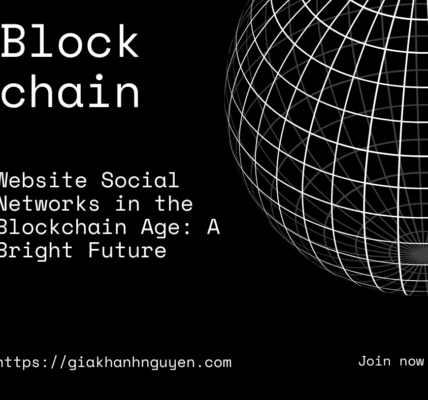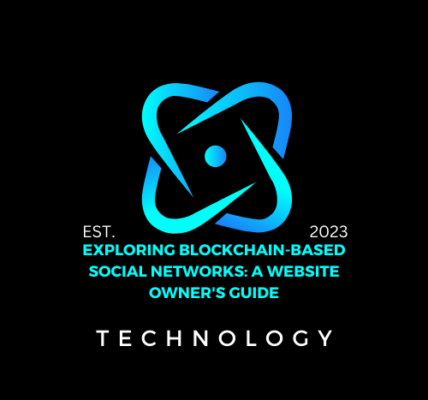In the rapidly evolving digital landscape, blockchain technology is revolutionizing various industries, including social networking. This article explores the integration of blockchain in social networking websites, highlighting its benefits, challenges, and future implications.
Decentralization: Empowering Users Blockchain-based social networks operate on a decentralized model, contrasting with traditional, centralized platforms. This decentralization empowers users by giving them control over their data. Unlike conventional platforms where user data is controlled by the company, in blockchain networks, users have ownership and can decide how their information is used.
Enhanced Privacy and Security One of the most significant advantages of blockchain in social networking is the increased privacy and security it offers. Blockchain’s cryptographic nature ensures that user data remains secure and less susceptible to breaches. This added layer of security is vital in an era where data privacy concerns are paramount.
Tokenization: A New Economy Blockchain social networks often incorporate digital currencies or tokens, which users can earn for various activities like creating content or participating in the network. This model incentivizes quality content creation and active participation, fostering a more engaged community.
Challenges and Scalability Despite its advantages, integrating blockchain into social networking comes with challenges. One of the primary concerns is scalability. Blockchain networks, particularly those using Proof of Work (PoW) consensus mechanisms, can face issues with transaction speed and scalability.
Future Trends: The Rise of Decentralized Identity Looking ahead, the concept of decentralized identity in blockchain social networks is promising. It offers users the ability to verify their identity without relying on a central authority. This approach could significantly impact how online interactions and trust are managed.
Empowering Creators and Building Communities Another aspect where blockchain technology shines in social networking is in empowering content creators. Blockchain-based platforms can provide fair compensation for creators through transparent, direct transactions without intermediaries. This approach not only ensures fair remuneration but also encourages a diverse range of content.
Moreover, blockchain fosters the formation of niche communities. Users can form decentralized autonomous organizations (DAOs), enabling community governance and decision-making. This aspect enhances community engagement and allows users to shape the platform according to their collective preferences.
Combating Fake News and Enhancing Credibility Blockchain also offers solutions to combat the proliferation of fake news on social networks. By leveraging immutable ledgers, it becomes easier to verify the authenticity of information. Users can track content origins, contributing to an environment of trust and credibility.
Interoperability and User Experience One key challenge in blockchain social networks is ensuring interoperability among different platforms. As the blockchain ecosystem grows, ensuring seamless interactions and data exchange across various networks is crucial. Additionally, maintaining a user-friendly interface while integrating complex blockchain functionalities is essential for widespread adoption.
Regulatory Compliance and Ethical Considerations Blockchain social networks must navigate the complexities of global regulations, particularly concerning data privacy and digital assets. Ensuring compliance with laws like GDPR in Europe and other regional regulations is critical for these platforms.
Moreover, ethical considerations, such as preventing misuse of decentralized networks for illicit activities, are paramount. Blockchain networks must implement robust mechanisms to maintain ethical standards while respecting user privacy and freedom.
Conclusion: A New Era of Social Networking As we step into the blockchain era of social networking, we are witnessing the dawn of a more transparent, secure, and user-centric online landscape. This paradigm shift offers exciting opportunities for enhanced user engagement, content authenticity, and community-driven platforms. While challenges remain, the potential for blockchain to revolutionize social networking is immense, paving the way for a more interconnected and trustworthy digital world.




